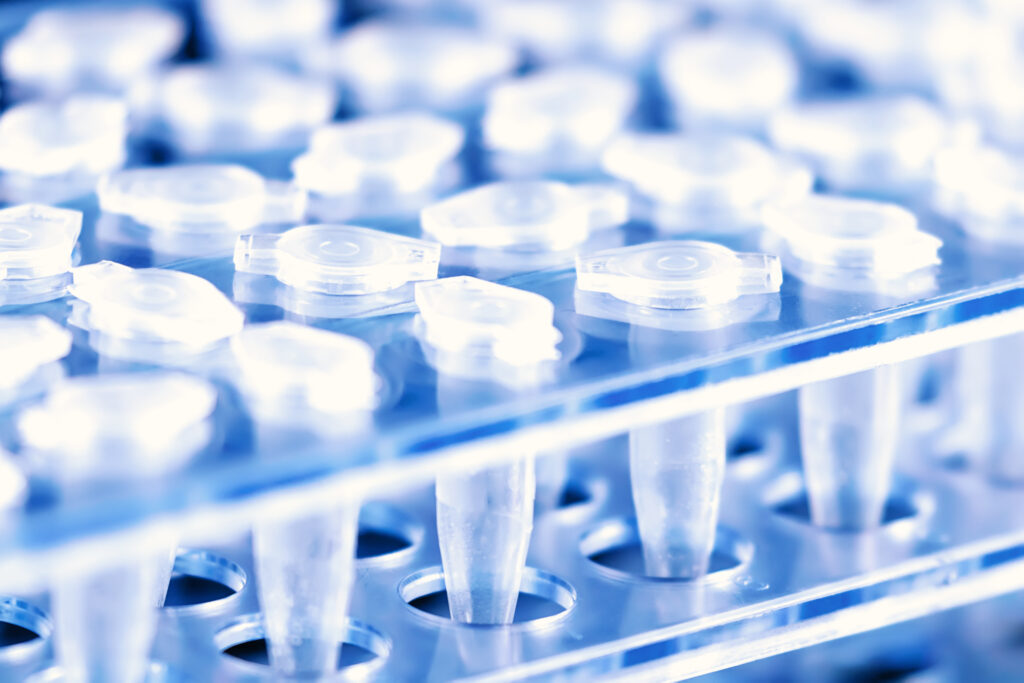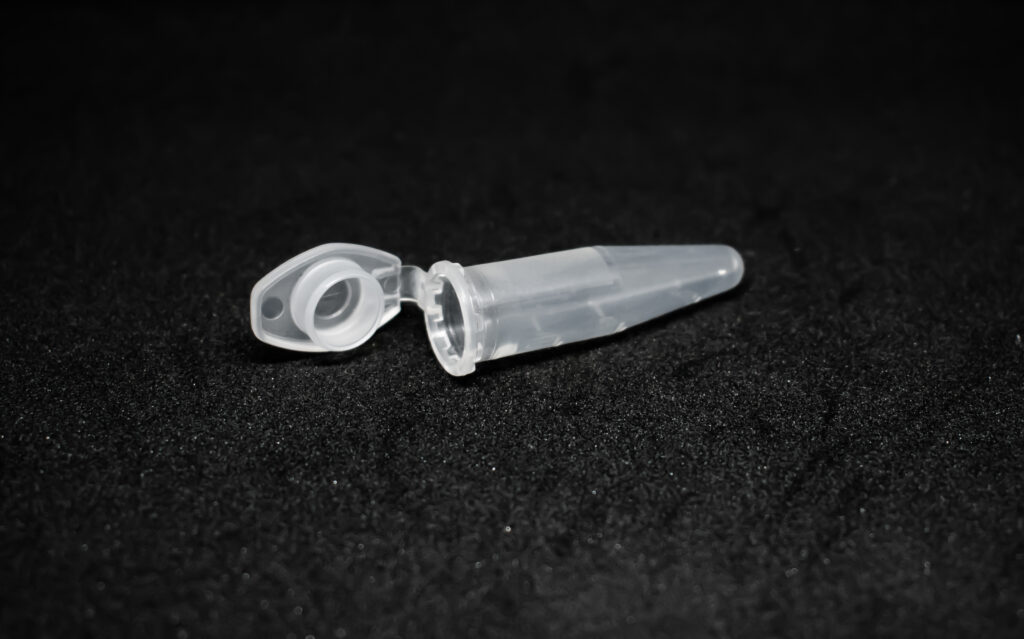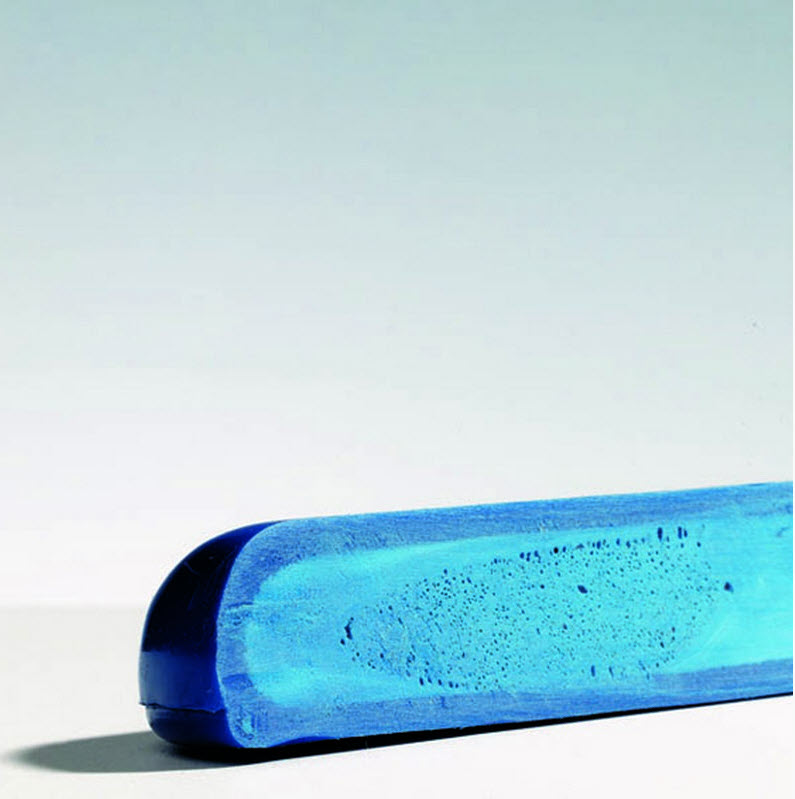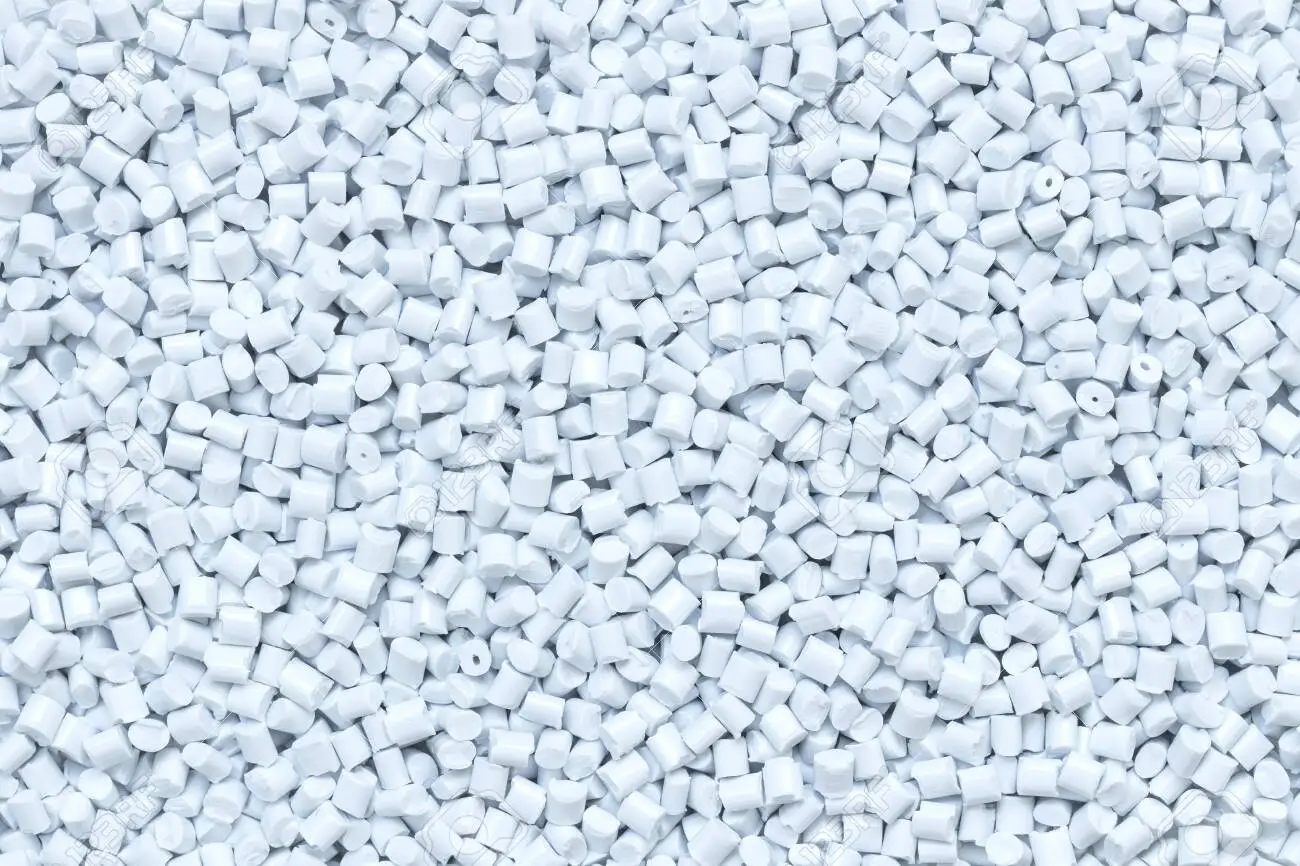
Microcentrifuge tubes are a crucial component in many biological research labs, allowing for the storage and manipulation of small volumes of liquid. These tubes are used in a variety of applications, from sample preparation and centrifugation to PCR and DNA sequencing.
In this blog post, we will explore the features and benefits of microcentrifuge tubes, as well as tips for choosing the right type for your research needs.
What are Microcentrifuge Tubes?
Microcentrifuge tubes are small, plastic tubes designed to hold volumes ranging from a few microliters to several milliliters of liquid. They are commonly used in molecular biology, biochemistry, and microbiology laboratories for a variety of applications, including DNA sequencing, PCR, and protein purification.
These tubes are typically made from polypropylene, a material that is resistant to most chemicals and can withstand high temperatures. They are available in a variety of sizes, shapes, and colors, with some tubes featuring a snap-cap or screw-cap closure.
Screw Cap Microcentrifuge Tubes vs Snap Cap

Screw cap and snap cap microcentrifuge tubes are two common types of closures for microcentrifuge tubes. Screw cap microcentrifuge tubes have a threaded cap that screws onto the tube to create a tight seal. This type of closure is typically more secure and can prevent leakage during centrifugation or transportation. However, screw cap tubes can be more time-consuming to open and close, especially if you need to access the tube frequently. Snap cap microcentrifuge tubes, on the other hand, have a snap-on lid that can be easily removed by pressing down on the cap. This type of closure is faster to open and close, but may not be as secure as screw cap tubes. Snap cap tubes are generally more convenient for routine use, such as storing and transporting samples, while screw cap tubes are preferred for applications where a more secure seal is required, such as centrifugation or long-term storage of sensitive samples.
Benefits of Microcentrifuge Tubes
There are several benefits to using microcentrifuge tubes in your research, including:
- Small volume capacity: Microcentrifuge tubes are designed to hold small volumes of liquid, making them ideal for experiments where sample size is limited.
- Chemical resistance: Polypropylene microcentrifuge tubes are resistant to a wide range of chemicals, including organic solvents and acids.
- Temperature resistance: Microcentrifuge tubes can withstand high temperatures, making them suitable for applications such as PCR and DNA sequencing.
- Convenient storage: Microcentrifuge tubes are compact and easy to store, making them ideal for labs with limited space.
Choosing the Right Microcentrifuge Tubes
When selecting microcentrifuge tubes for your research, there are several factors to consider:
- Volume capacity: Choose a tube size that can accommodate the volume of liquid you need to work with.
- Chemical resistance: Ensure that the tubes you choose are compatible with the chemicals you will be using in your experiments.
- Temperature resistance: If you will be using the tubes for high-temperature applications such as PCR, choose tubes that can withstand the required temperatures.
- Closure type: Consider whether you need a snap-cap or screw-cap closure, depending on the application and whether you need to access the tube multiple times.
Microcentrifuge tubes are a critical component in many biological research labs, allowing for the storage and manipulation of small volumes of liquid. They are available in a range of sizes, shapes, and colors, with some tubes featuring snap-cap or screw-cap closures.
When selecting microcentrifuge tubes for your research, it’s important to consider factors such as volume capacity, chemical and temperature resistance, and closure type. By choosing the right tubes for your needs, you can ensure accurate and reliable results in your experiments.
If you are in need of custom microcentrifuge tubes, with our expertise in plastic manufacturing, we can work with you to create tubes that meet your exact specifications. Don’t hesitate to contact Master Plastics to get started on creating your custom microcentrifuge tubes today.

